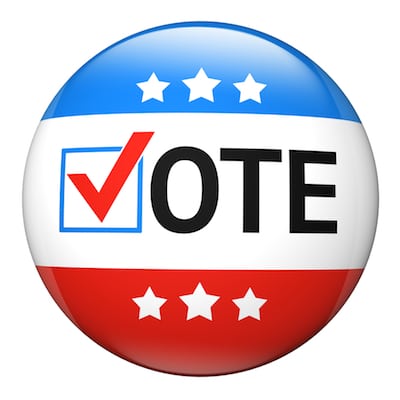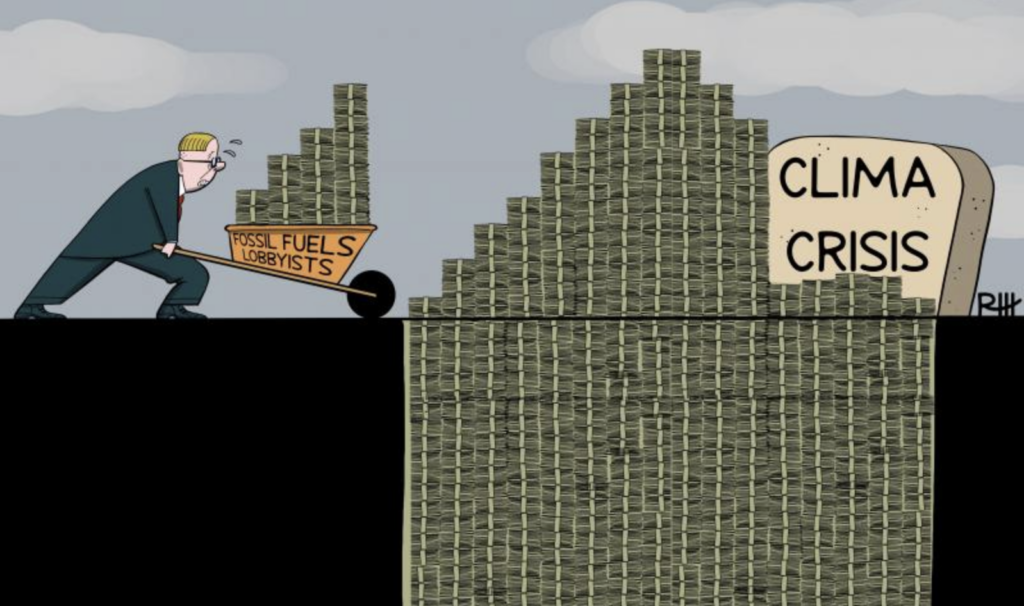In the United States, we have yet to enact a single piece of national legislation to address climate change. And the group that will be most effected by this lack of action, Millenials, are fed up with the lack of action in America.
According to a new report by NextGen Climate, young voters are increasingly concerned about the threats of climate change and more than 70% of them favor severe cuts to U.S. carbon emissions and a switch to clean, renewable energy.
According to the NextGen report:
Millennials are looking for a bold solution to climate change and are solidly behind plans to expand clean energy in the United States. The overwhelming majority (73%) is favorable to setting a goal to power America with at least 50% clean energy by the year 2030 (including 52% who are very favorable). Furthermore, they see direct economic benefits to setting this goal. Sixty eight percent (68%) of Millennials believe that setting this clean energy goal would have a positive effect on America’s economy overall (only 10% think it would have a negative effect) and 68% say the same about jobs.
This polling data crosses Party lines, with majorities of both young Democrats and Republicans believing that acting on climate change is in the best interest of the country, both environmentally and economically. But even with the bipartisan agreement, this news spells doom for the Republicans in 2016.
On election day next year, there will be roughly 80 million Americans between the ages of 18 and 35 (Millenials), making them the largest voting block of the 2016 election. With an overwhelming majority of them believing that climate change is an urgent issue that needs to be addressed, they will likely lean towards candidates that support their beliefs, and that’s why Republicans are in trouble.
There is not a single Republican candidate running for president right now that both accepts the science that climate change is real and that human activity is making the problem worse and who agrees that we should do something about it as a country. Candidates like Jeb Bush and Chris Christie believe that climate change is real, with Christie admitting that human activity, to a certain degree, makes the problem worse, but neither Bush nor Christie believe that we should take action.
Dr. Ben Carson, while he doesn’t believe that climate change is real, does believe that we have a civic duty to protect the environment, seemingly making him the most environment-friendly Republican currently running, until we realize that he supports the construction of the Keystone XL pipeline.
Then we have the real science deniers, including the GOP’s frontrunner Donald Trump, Mike Huckabee, Marco Rubio, and Rick Santorum. All of these men are under the belief that scientists are either wrong about climate change, or that they are intentionally misleading the public about climate change. (Rick Perry was among the deniers but he’s now dropped out of the race.)
The key to understanding the youth support of action on climate change versus the mentality of Republican politicians is to understand that these young people put more faith in science than in politicians.
This is a generation that has greater access to information than any other generation that has ever lived, and they have a greater variety of non-corporate news sources from which to gather their news, so they aren’t as easily duped as single-source news observers.
No candidate will win in 2016 without attracting a majority of the youth vote, and the NextGen report offers some pretty bad news to the 16 people currently fighting for a single spot on the GOP ticket. The question now will be whether or not industry money will be enough to fight the rising chorus of voices calling for the next leader of the United States to take action to fight climate change.
Subscribe to our newsletter
Stay up to date with DeSmog news and alerts







